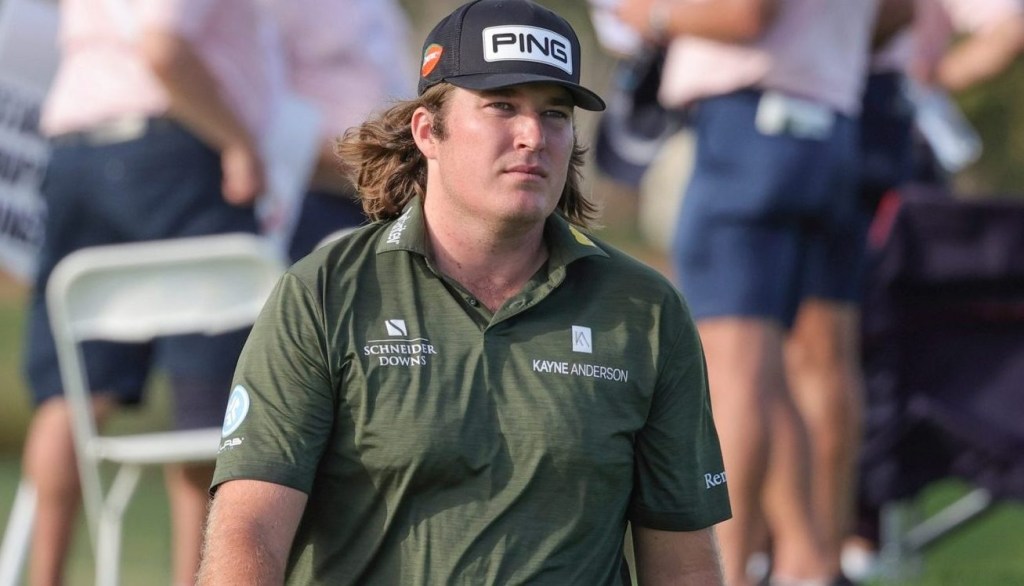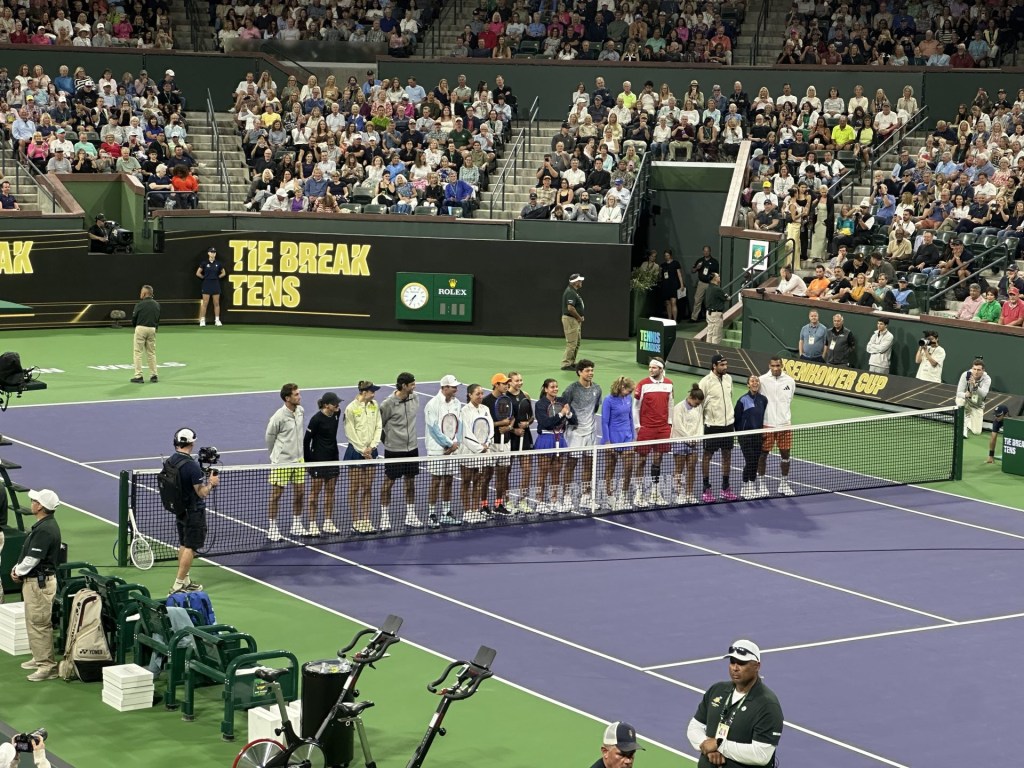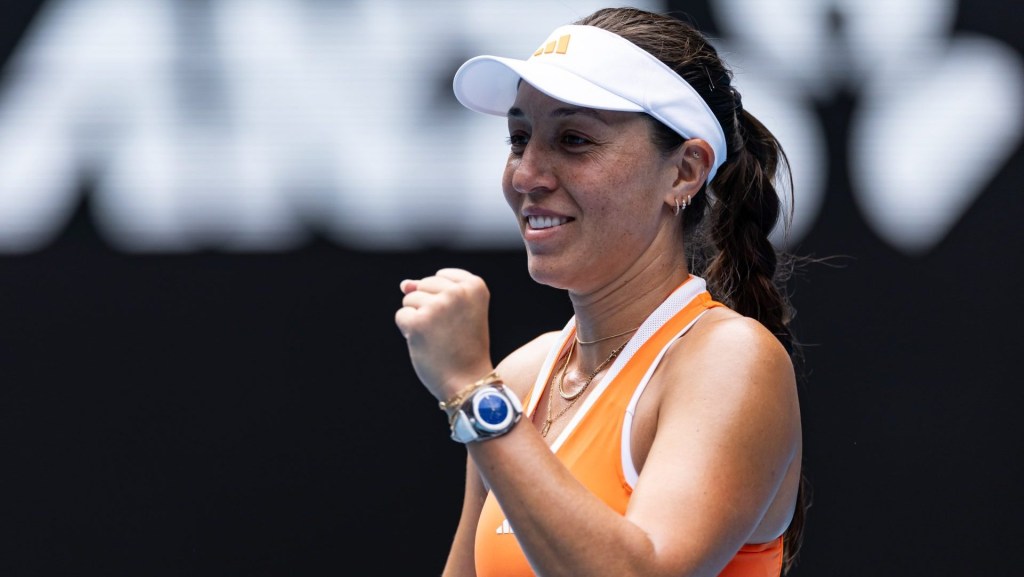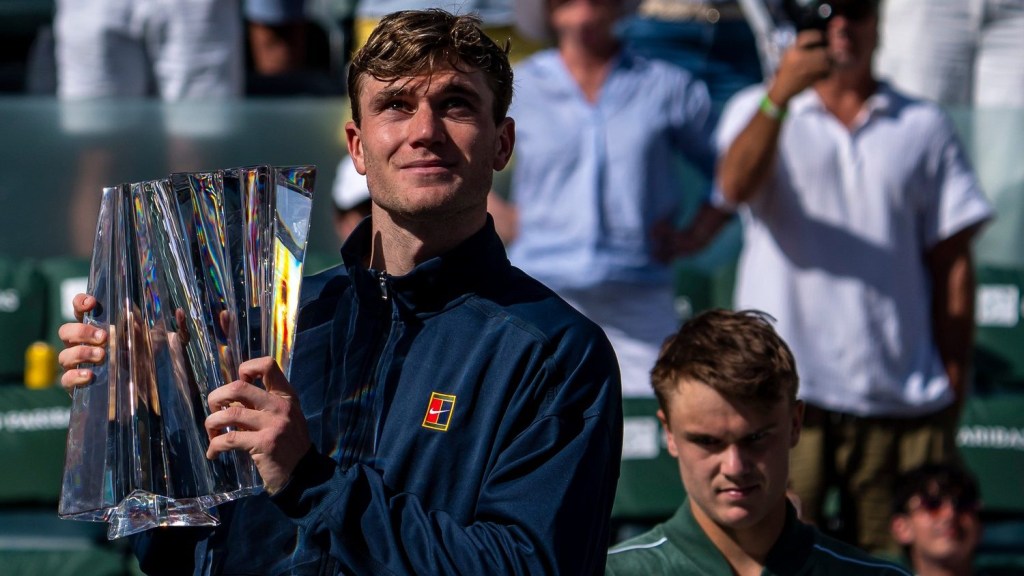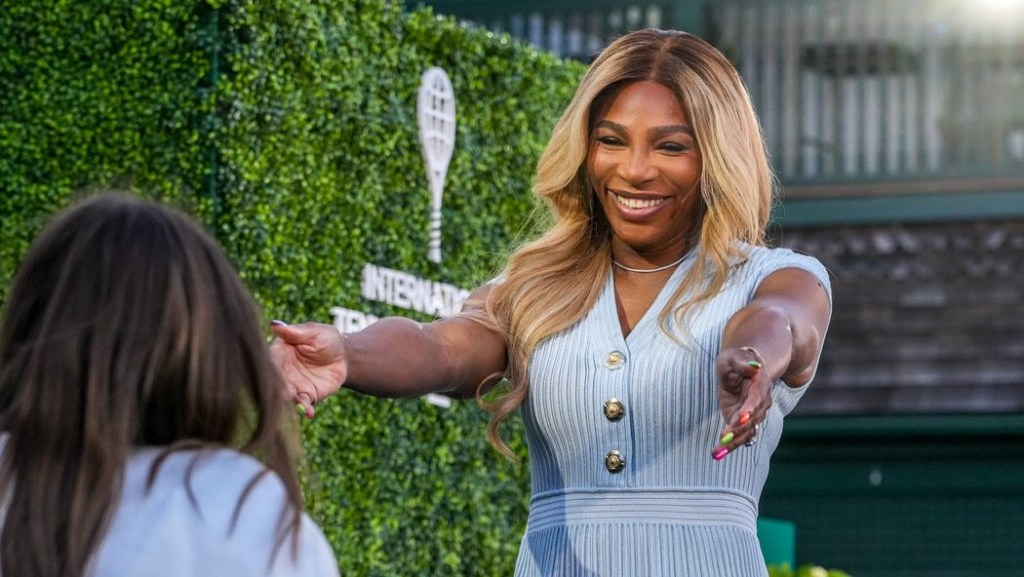The NBA playoffs will resume Aug. 29 after a three-day hiatus due to player protests of police violence, sparked by the Milwaukee Bucks’ strike before their scheduled Game 5 matchup with the Orlando Magic.
“We had a candid, impassioned and productive conversation yesterday between NBA players, coached and team governors regarding next steps to further out collective efforts and actions in support of social justice and racial equality,” a joint statement from NBA Commissioner Adam Silver and NBPA Executive Director Michele Roberts read.
Those who met Aug. 27 included player and team representatives from each of the 13 teams in the Orlando bubble.
As part of the agreement to return to action, the NBA and its players will “immediately” establish a social justice coalition with representatives from players, coaches and governors. The coalition will focus on a “broad range of issues,” including “increased access to voting, promoting civic engagement, and advocating for meaningful police and criminal justice reform.”
Additionally, in every city where an NBA franchise owns and controls its arena, team governors will work with local election officials in order to use their facilities as a voting location for the 2020 general election. In markets where the deadline to do so has already passed, as part of the agreement, team governors will work to find another “election-related use” for their property, such as voter registration or ballot receiving.
The effort mirrors those of LeBron James-founded voting right group More Than A Vote, and the Election Super Centers Project, which have already secured a handful of sports facilities for COVID-19-safe registration and voting sites.
Finally, the league will work with players and broadcast network partners to make and include advertising spots in each remaining NBA playoff game “dedicated to promoting great civic engagement in national and local elections and rising awareness around voted access and opportunity.”
The commitments to social justice-related actions come about three weeks after the NBA and NBPA announced the creation of the NBA Foundation, with a $300 million commitment from teams over the next ten years for causes related to Black economic empowerment.
The foundation in and of itself was created in response to criticism that the league wasn’t doing enough to further social justice causes during the restarted season. Its earlier efforts included painting “Black Lives Matter” on the Orlando bubble courts, and allowing players to wear a number of pre-approved social justice phrases on the backs of their jerseys.
Several other professional leagues, teams and players followed the Bucks’ initial decision to strike. The WNBA did not play on Aug. 27, as players announced it would be used as a day of reflection with the season resuming at a later point — the W had already created a social justice council ahead of its bubble season, among other efforts.
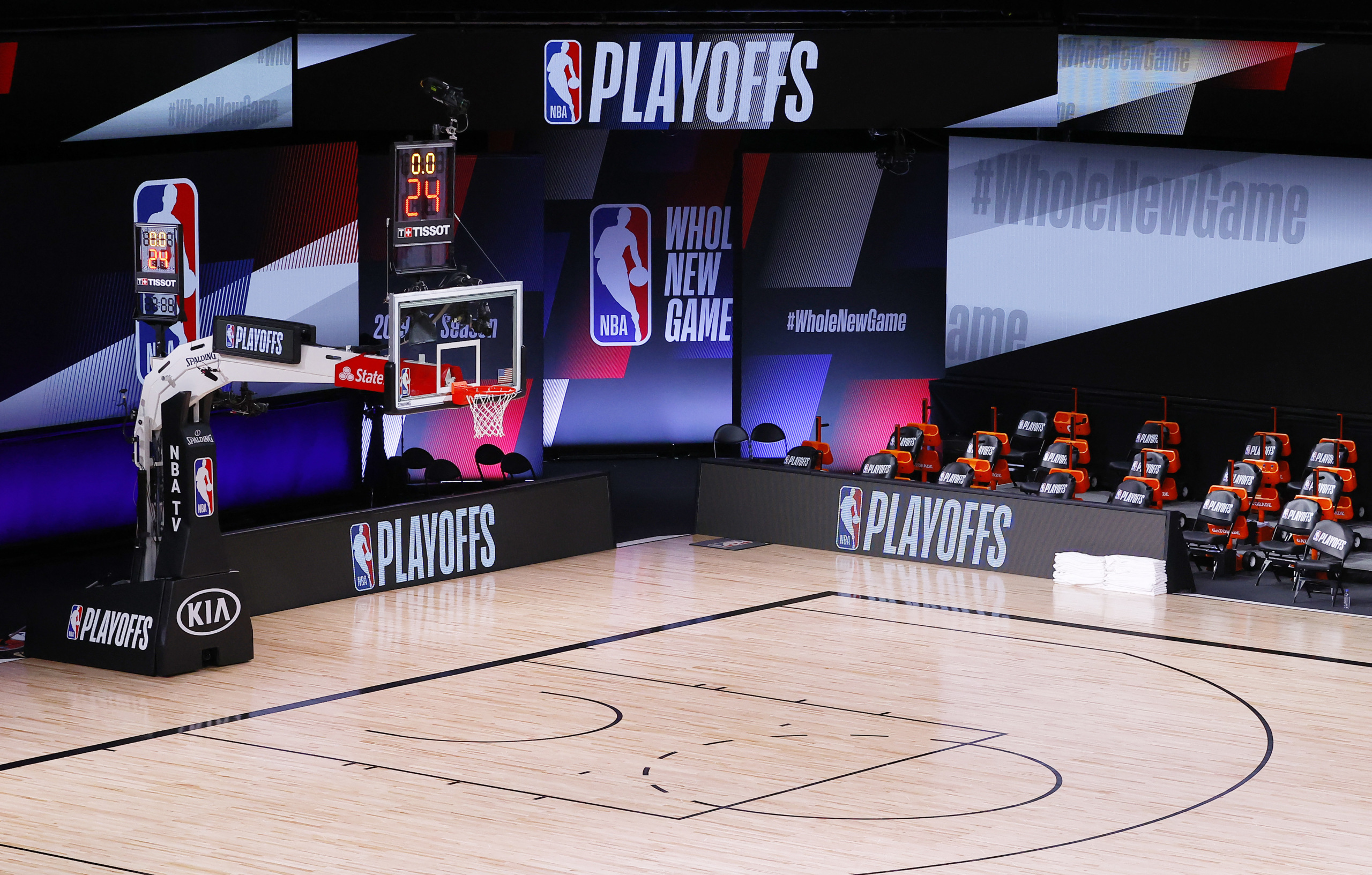
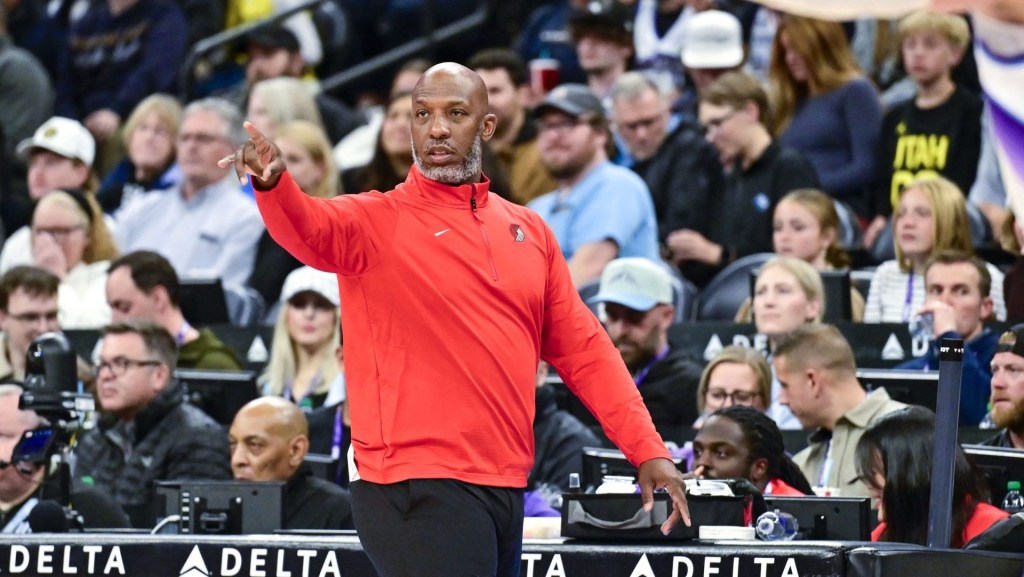
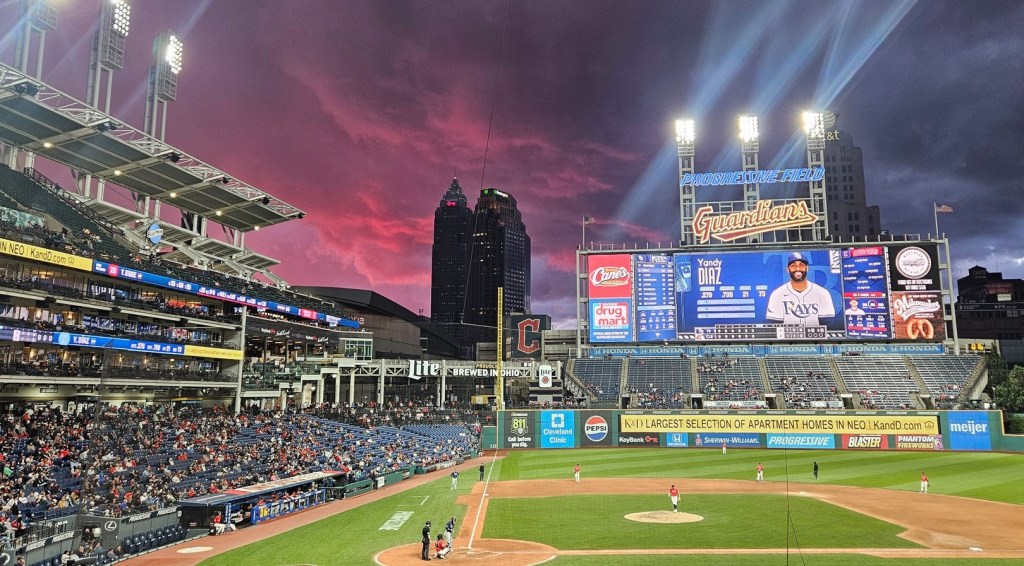
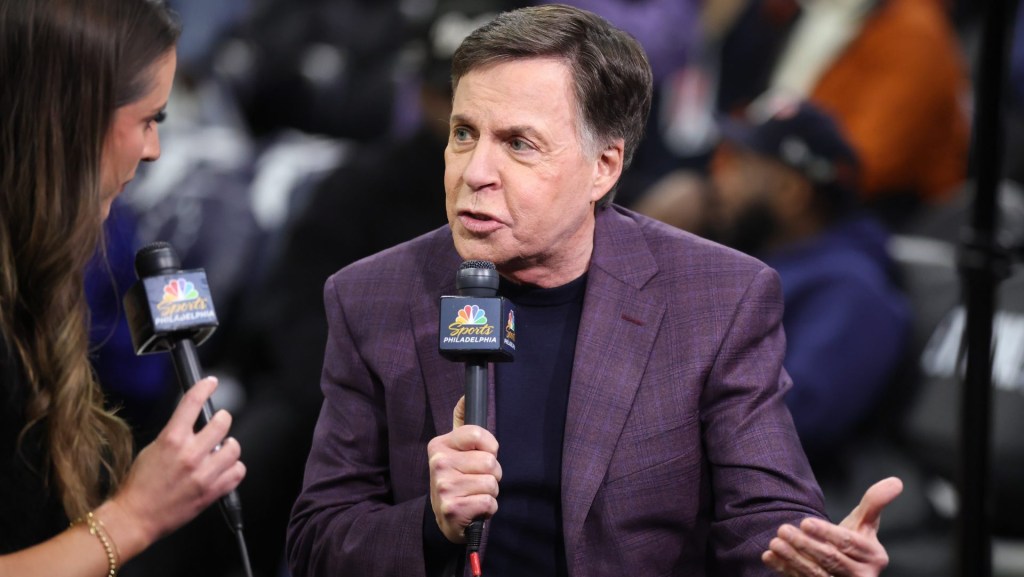
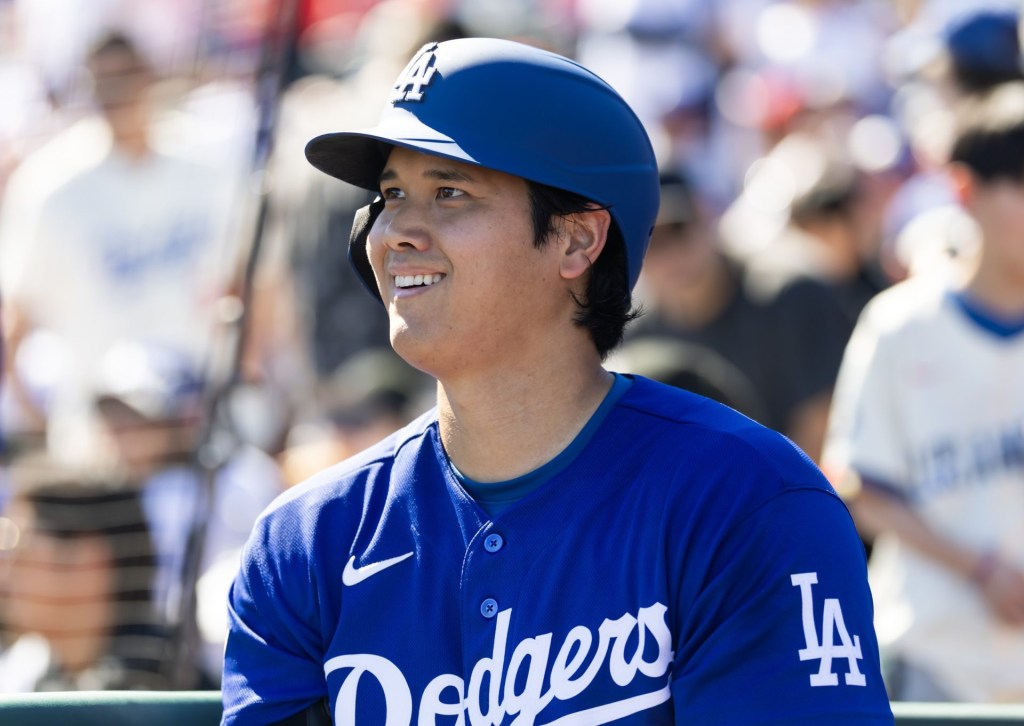


![[Subscription Customers Only] Jun 15, 2025; Seattle, Washington, USA; Botafogo owner John Textor inside the stadium before the match during a group stage match of the 2025 FIFA Club World Cup at Lumen Field.](https://frontofficesports.com/wp-content/uploads/2026/02/USATSI_26465842_168416386_lowres-scaled.jpg?quality=100&w=1024)
![[Subscription Customers Only] Jul 13, 2025; East Rutherford, New Jersey, USA; Chelsea FC midfielder Cole Palmer (10) celebrates winning the final of the 2025 FIFA Club World Cup at MetLife Stadium](https://frontofficesports.com/wp-content/uploads/2026/02/USATSI_26636703-scaled-e1770932227605.jpg?quality=100&w=1024)
